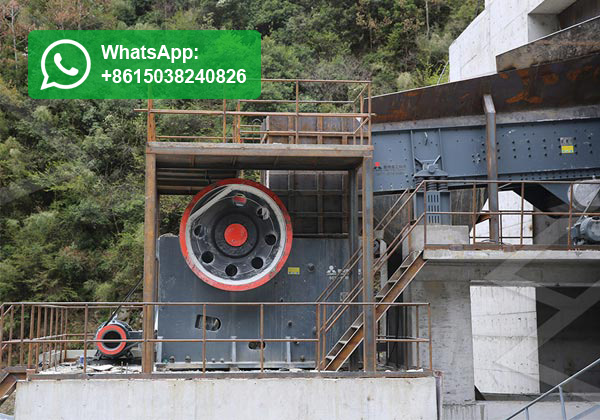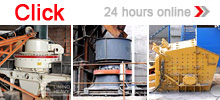A jaw crusher is a type of machine commonly used in the mining and construction industries for crushing a variety of materials. It is designed to reduce large rocks into smaller, more manageable pieces. The primary function of a jaw crusher is to compress and crush materials, and it can handle an extensive range of materials, making it a versatile piece of equipment. Here are the types of materials typically processed by a jaw crusher:

1. Hard Rocks
Jaw crushers are well-suited for crushing hard, abrasive rocks such as granite, basalt, and gneiss. These materials are known for their high compressive strength and hardness. The robust design of jaw crushers allows them to withstand the rigors of crushing hard materials, breaking them down into smaller pieces suitable for further processing or for use in construction projects.
2. Soft Rocks
Soft rocks, such as limestone and gypsum, are also effectively processed by jaw crushers. These materials are less abrasive and easier to crush than hard rocks. Jaw crushers can produce a consistent output size, which is important for producing aggregate materials for construction.
3. Minerals
Various minerals, including ores like iron ore, copper ore, and gold ore, can be processed by jaw crushers. The ability to crush these minerals into smaller, more manageable sizes is crucial for further processing in mining operations, such as grinding, milling, and beneficiation.
4. Recycled Materials
Jaw crushers are widely used in recycling applications, particularly for crushing concrete and asphalt. Recycled concrete aggregate (RCA) and reclaimed asphalt pavement (RAP) are common materials processed by jaw crushers. Crushing these materials allows them to be reused in new construction projects, reducing waste and the demand for new raw materials.
5. Slag
Industrial by-products such as slag, which is produced during the smelting process in steel production, can also be processed by jaw crushers. Crushing slag allows for the recovery of valuable metals and the production of aggregate materials.
6. River Gravel
Natural river gravel is another material commonly processed by jaw crushers. These stones are often used in landscaping and construction projects. Jaw crushers can handle varying sizes and hardness levels of river gravel, ensuring a consistent output.
7. Coal
Jaw crushers are used in the coal mining industry to crush and process coal. The ability to handle large pieces of coal and reduce them to a manageable size makes jaw crushers an essential part of coal processing plants.
8. Demolition Waste
Construction and demolition waste, including bricks, concrete, and other building materials, can be effectively processed by jaw crushers. Crushing these materials helps in waste management and recycling, turning debris into reusable aggregate for new construction projects.
Operating Principle
The jaw crusher operates on the principle of compressive force. It consists of a fixed jaw and a movable jaw, which together form a V-shaped chamber. When the machine is in operation, the movable jaw exerts force on the material against the fixed jaw, crushing it into smaller pieces. The size of the output material can be adjusted by changing the position of the toggle plate and the size of the discharge opening.
Advantages
Jaw crushers offer several advantages, including their ability to handle a wide range of materials, their simple design and easy maintenance, and their high crushing ratio, which results in a uniform product size. They are also versatile and can be used in various stages of the crushing process, from primary to secondary and even tertiary crushing.


